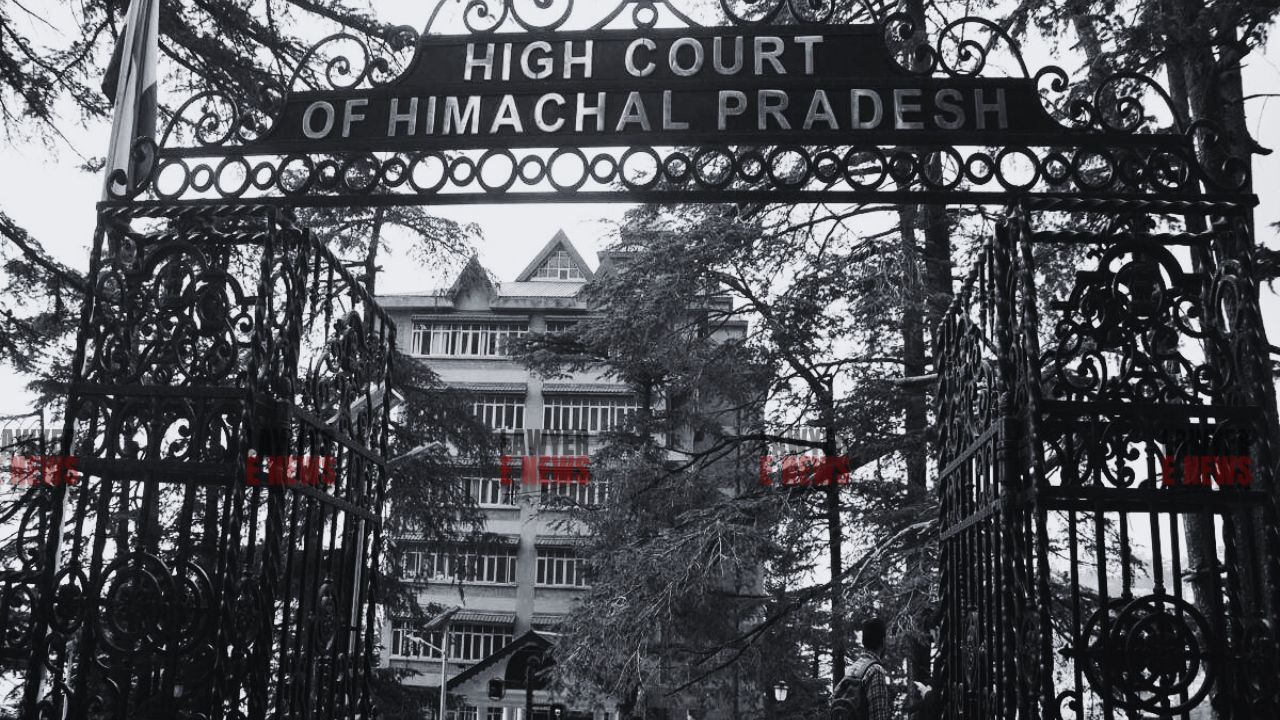-
by Admin
15 February 2026 5:35 AM



In a significant ruling, the Himachal Pradesh High Court on September 5, 2024, dismissed the State's appeal challenging the acquittal of Pawan Kumar, accused of illegally transporting Guchhi (a type of wild mushroom) in violation of the Indian Forest Act. The judgment, delivered by Justice Rakesh Kainthla, affirmed the trial court's decision and reiterated the principle that non-cognizable offenses under Sections 41 and 42 of the Indian Forest Act require strict procedural compliance, including proper identification of forest produce.
The case originated from an incident on October 24, 2006, when police on patrol duty apprehended Pawan Kumar with two bags containing a total of 13.7 kg of Guchhi near Shamshar Road. Kumar was charged with illegally transporting forest produce under Sections 41 and 42 of the Indian Forest Act. The police, after weighing and sealing the Guchhi, arrested Kumar, and registered an FIR. The prosecution claimed that Kumar did not have the requisite permit to transport Guchhi, while the defense argued that Kumar was transporting the Guchhi on behalf of Vivek Sharma, who had a valid permit.
The trial court acquitted Kumar, accepting the defense's argument that the accused was merely acting as a courier for Vivek Sharma, who had a valid permit to transport Guchhi, despite Kumar not carrying the permit at the time of apprehension.
One of the key issues in the appeal was whether the police had the authority to investigate the case without the prior permission of a magistrate. The High Court, citing prior rulings, emphasized that the offenses under Sections 41 and 42 of the Indian Forest Act are bailable and non-cognizable. As such, the police should have obtained a magistrate’s permission before proceeding with the investigation. Justice Kainthla stated:
“The police could not have investigated the non-cognizable offense under Section 42 without an order from the magistrate. The investigation carried out without such permission is illegal, and the proceedings were void ab initio.”
The court also found that the prosecution failed to provide adequate evidence proving that the Guchhi in question was of the botanical species Morchella Esculenta, which is listed as a forest produce. The certificate provided by a forest guard, which identified the seized goods as Guchhi, did not include its botanical name, which was a critical oversight. Justice Kainthla noted:
“The prosecution was required to prove that the article seized had the botanical name Morchella Esculenta, as per the relevant notification. Without such evidence, the charge under Section 42 of the Forest Act cannot be sustained.”
The defense argued that Kumar was transporting the Guchhi on behalf of Vivek Sharma, who had a valid permit but had handed over the Guchhi to Kumar due to a vehicle breakdown. Sharma's testimony, along with the presentation of the permit, was deemed credible by the trial court, and the High Court found no reason to interfere with this finding. The court observed:
“The trial court’s view that the accused was acting on behalf of the permit holder is a reasonable view based on the evidence presented. There is no basis to overturn this conclusion in the appeal.”
In reaffirming the trial court’s acquittal, the High Court relied heavily on the principle that appeals against acquittals should only be allowed if there is clear evidence of legal or factual error in the trial court's judgment. The court emphasized the importance of respecting the trial court’s findings, particularly when the evidence supports two plausible views, one favoring acquittal.
Justice Kainthla cited the Supreme Court’s decision in Mallappa v. State of Karnataka (2024) 3 SCC 544 to underscore this point, stating:
“If the appreciation of evidence by the trial court did not suffer from any flaw, and even if another view was possible, that is not sufficient to overturn an acquittal.”
The dismissal of the State’s appeal reaffirms the legal safeguards around non-cognizable offenses and emphasizes the importance of adhering to procedural requirements, especially in cases involving forest produce under the Indian Forest Act. The judgment also highlights the necessity for precise evidence when dealing with forest-related offenses, including the identification of produce by its botanical name.
This ruling reinforces the view that acquittals, particularly in cases involving non-cognizable offenses, should not be lightly overturned without clear evidence of judicial error, ensuring the continued protection of individual rights in such cases.
Date of Decision: September 5, 2024
State of Himachal Pradesh vs. Pawan Kumar
